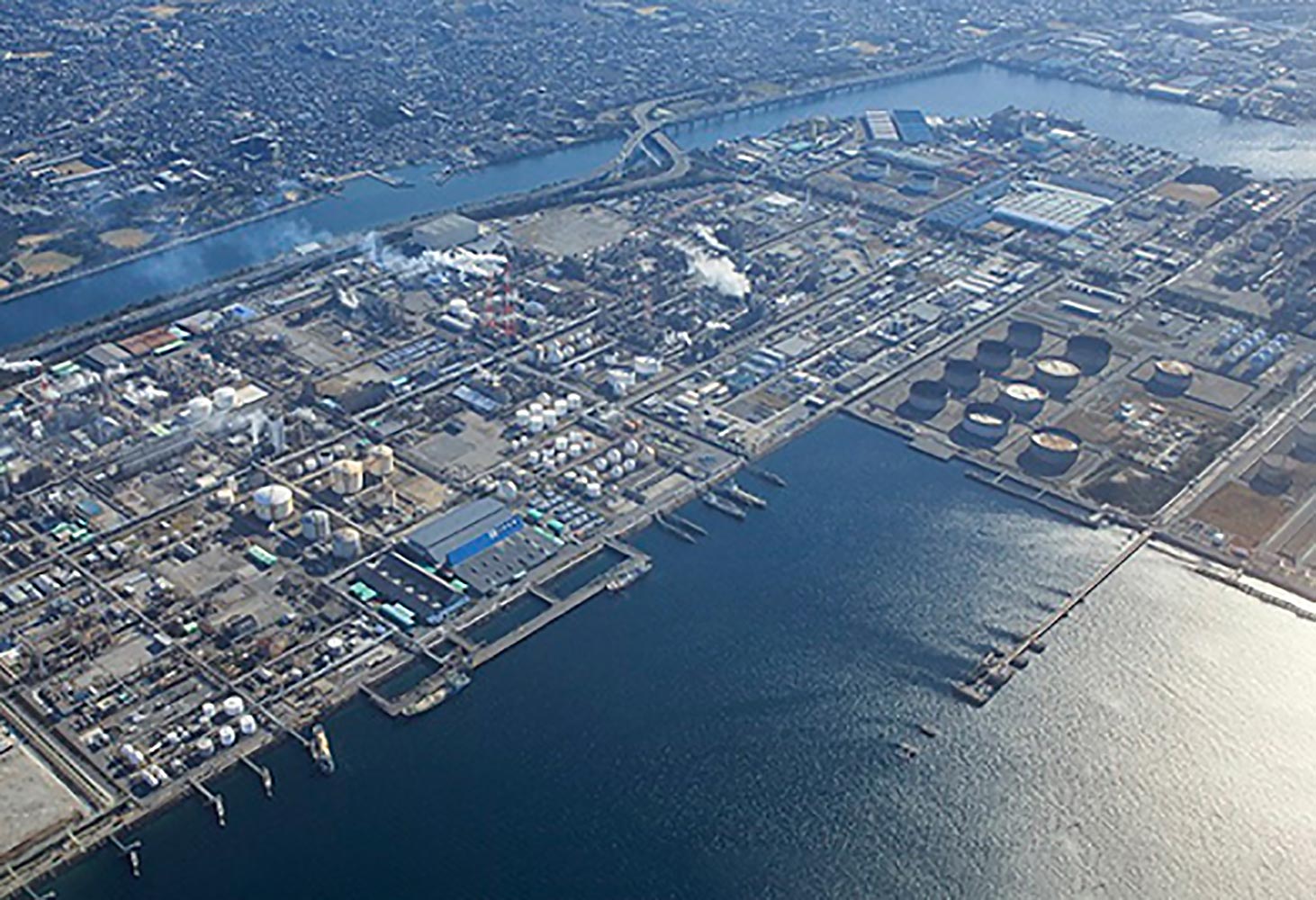
Mitsui Chemicals ships bio-based phenol for first time in Asia
Mitsui Chemicals, Inc. has shipped bio-based phenol for the first time in Asia, the Tokyo-based company announced. Petroleum is currently the main source of raw materials for phenol, which is one of the most important intermediates in the chemical industry. Phenol is currently obtained from petroleum-derived benzene in the cumene process, which covers about 20% of global benzene demand. Besides drawbacks of a high energy intensity and the co-production of acetone, there is a growing interest in replacing petroleum as a feedstock.
Derived from bio-based hydrocarbons that Mitsui Chemicals received at its Osaka Works in Takaishi, Osaka, last December from Neste Corporation, this phenol is certified as bio-based using the mass balance method in accordance with ISCC PLUS certification for plastic and chemical derivatives.
Going forward, Mitsui Chemicals intends to also begin shipping other products created through the same method, including biomass acetone.
Mitsui Chemicals is working to realize a circular economy through the two-pronged approach of chemical recycling and conversion to bio-based materials. Aiding in the effort to circumvent global warming, bio-based production represents an avenue of strategic importance when it comes to achieving carbon neutrality by 2050. In conjunction with its development of materials and processes toward this end, Mitsui Chemicals aims to leverage its first shipment of bio-based hydrocarbon derivatives toward promoting the implementation of bio-based chemicals and plastics into society.
“We are delighted to have been able to ship and deliver what is the first bio-based phenol we have made from bio-based raw materials* through the mass balance method,” said Yoshino Tadashi, member of the Board and senior managing executive officer, Mitsui Chemicals. “Helping to build a sustainable society is part of our materiality – and going forward, we will work with various stakeholders to gradually get bio-based materials into full-fledged use.”
Last year, Neste, Mitsui Chemicals, Inc. and Toyota Tsusho Corp. announced that they were joining forces to enable Japan’s first industrial-scale production of renewable plastics and chemicals from 100% bio-based hydrocarbons.
In this collaboration, Mitsui Chemicals will use Neste RE™, 100% bio-based hydrocarbons produced by Neste, to replace a part of the fossil feedstock in the production of a variety of plastics and chemicals at its crackers within Osaka Works during 2021. In doing so, Mitsui Chemicals will become Japan’s first company to use bio-based feedstock in its crackers. The collaboration between Neste, Mitsui Chemicals and Toyota Tsusho will enable brand owners and other potential clients in the Asian market, particularly in Japan, to start incorporating renewable plastics and chemicals into their products and offerings.
For this collaboration, Neste, a forerunner in producing renewable and recycled feedstock alternatives for the plastics and chemicals industry, will produce its Neste RE feedstock entirely from renewable raw materials, such as bio-based waste and residue oils, without any fossil oil. By using Neste RE, Mitsui Chemicals is able to produce plastics and chemicals with significantly reduced greenhouse gas emissions over their life cycle – spanning from the raw materials stage all the way through to product disposal – when compared to products made using fossil feedstock, such as petroleum naphtha.
The introduction of Neste-produced bio-based hydrocarbons as feedstock at the crackers will allow Mitsui Chemicals to produce renewable ethylene, propylene, C4 fraction and benzene, among others, and process them into basic chemicals such as phenol, or plastics such as polyethylene and polypropylene, without altering the high-quality of these derivatives; the quality will be on par with conventional products.









